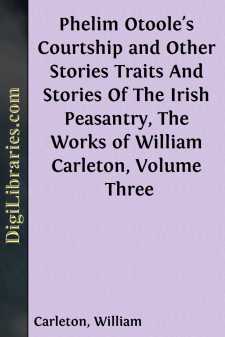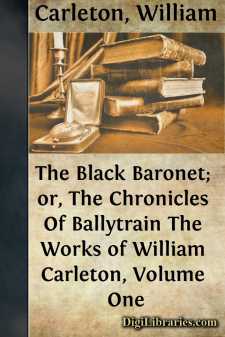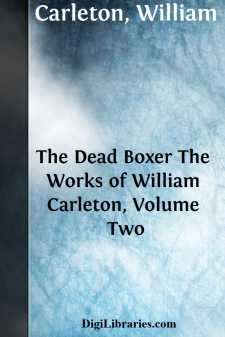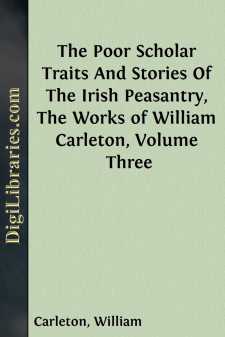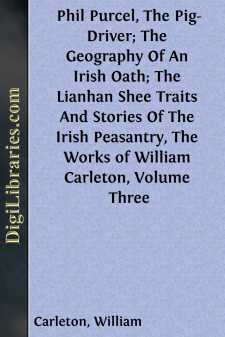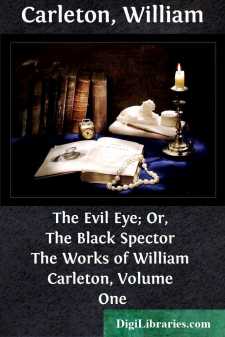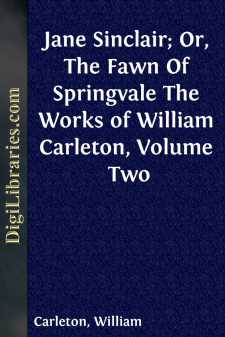Categories
- Antiques & Collectibles 13
- Architecture 36
- Art 48
- Bibles 22
- Biography & Autobiography 813
- Body, Mind & Spirit 142
- Business & Economics 28
- Children's Books 14
- Children's Fiction 11
- Computers 4
- Cooking 94
- Crafts & Hobbies 4
- Drama 346
- Education 46
- Family & Relationships 57
- Fiction 11828
- Games 19
- Gardening 17
- Health & Fitness 34
- History 1377
- House & Home 1
- Humor 147
- Juvenile Fiction 1873
- Juvenile Nonfiction 202
- Language Arts & Disciplines 88
- Law 16
- Literary Collections 686
- Literary Criticism 179
- Mathematics 13
- Medical 41
- Music 40
- Nature 179
- Non-Classifiable 1768
- Performing Arts 7
- Periodicals 1453
- Philosophy 64
- Photography 2
- Poetry 896
- Political Science 203
- Psychology 42
- Reference 154
- Religion 513
- Science 126
- Self-Help 84
- Social Science 81
- Sports & Recreation 34
- Study Aids 3
- Technology & Engineering 59
- Transportation 23
- Travel 463
- True Crime 29
Phelim Otoole's Courtship and Other Stories Traits And Stories Of The Irish Peasantry, The Works of William Carleton, Volume Three
by: William Carleton
Categories:
Description:
Excerpt
PHELIM O'TOOLE'S COURTSHIP.
Phelim O'Toole, who had the honor of being that interesting personage, an only son, was heir to a snug estate of half an acre, which had been the family patrimony since the time of his grandfather, Tyrrell O'Toole, who won it from the Sassenah at the point of his reaping-hook, during a descent once made upon England by a body of "spalpeens," in the month of August. This resolute little band was led on by Tyrrell, who, having secured about eight guineas by the excursion, returned to his own country, with a coarse linen travelling-bag slung across his shoulder, a new hat in one hand, and a staff in the other. On reaching once more his native village of Teernarogarah, he immediately took half an acre, for which he paid a moderate rent in the shape of daily labor as a cotter. On this he resided until death, after which event he was succeeded by his son, Larry O'Toole, the father of the "purty boy" who is about to shine in the following pages.
Phelim's father and mother had been married near seven years without the happiness of a family. This to both was a great affliction. Sheelah O'Toole was melancholy from night to morning, and Larry was melancholy from morning to night. Their cottage was silent and solitary; the floor and furniture had not the appearance of any cottage in which Irish children are wont to amuse themselves. When they rose in the morning, a miserable stillness prevailed around them; young voices were not heard—laughing eyes turned not on their parents—the melody of angry squabbles, as the urchins, in their parents' fancy, cuffed and scratched each other—half, or wholly naked among the ashes in the morning, soothed not the yearning hearts of Larry and his wife. No, no; there was none of this.
Morning passed in a quietness hard to be borne: noon arrived, but the dismal dreary sense of childlessness hung upon the house and their hearts; night again returned, only to add its darkness to that which overshadowed the sorrowful spirits of this disconsolate couple.
For the first two or three years, they bore this privation with a strong confidence that it would not last. The heart, however, sometimes becomes tired of hoping, or unable to bear the burthen of expectation, which time only renders heavier. They first began to fret and pine, then to murmur, and finally to recriminate.
Sheelah wished for children, "to have the crathurs to spake to," she said, "and comfort us when we'd get ould an' helpless."
Larry cared not, provided they had a son to inherit the "half acre." This was the burthen of his wishes, for in all their altercations, his closing observation usually was—"well, but what's to become of the half acre?"
"What's to become of the half acre? Arrah what do I care for the half acre? It's not that you ought to be thinkin' of, but the dismal poor house we have, wid not the laugh or schreech of a single pastiah (* child) in it from year's end to year's end."
"Well, Sheelah?—"
"Well, yourself, Larry? To the diouol I pitch your half acre, man."
"To the diouol you—pitch—What do you fly at me for?"
"Who's flyin' at you?...


